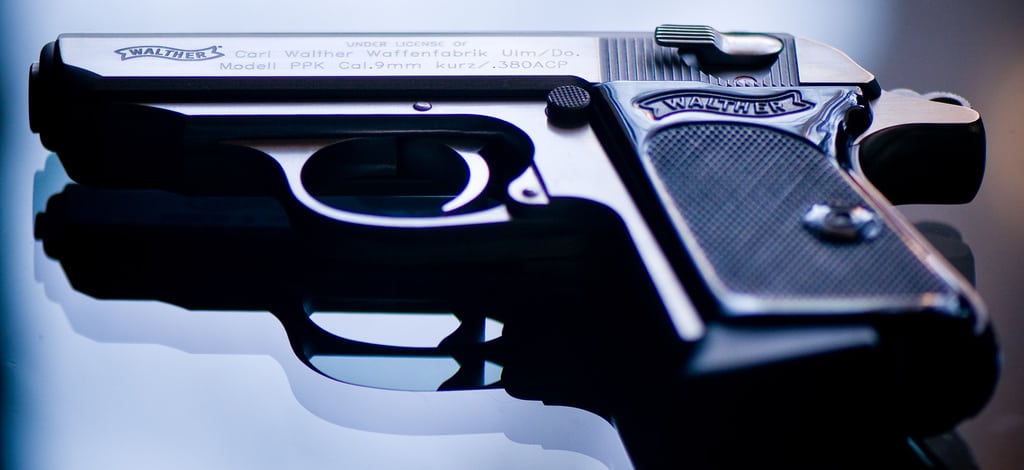Confiscated guns at U.S. airports will hit 1,500 mark before year's end, highest ever

Skift Take
The admonition to not bring a loaded weapon into a highly pressurized airborne vessel couldn't be stronger, yet more passengers than ever can't seem to remember to be responsible. As the U.S. focuses on gun safety this week, rules and procedures at airports deserve a look.
Travelers in the United States are trying to bring more loaded weapons than ever onto airplanes. On average, four travelers per day are caught by Transportation and Security Administration agents attempting to pass through security with a weapon -- and more than three out of four of these guns are loaded.
As of Friday, December 14 the TSA had found 1,464 handguns. Of these, 1,242 were loaded. At the current pace, the TSA will likely cross the 1,500 mark on Christmas Eve, based on data collected and analyzed by Skift. This will be the highest number of guns discovered since the TSA was created following the terrorist attacks of September 11, 2001.
The second half of 2012 has seen an increase over gun activity in the first six months: In July On the National Security Beat, a project of Medill Journalism School, reported that 697 guns had been found, 170 of which were not only loaded but had rounds in their chambers.
Out of all U.S. airports, Hartsfield-Jackson Atlanta International Airport had the most guns confiscated at 90. Atlanta's airport is the busiest in the nati
